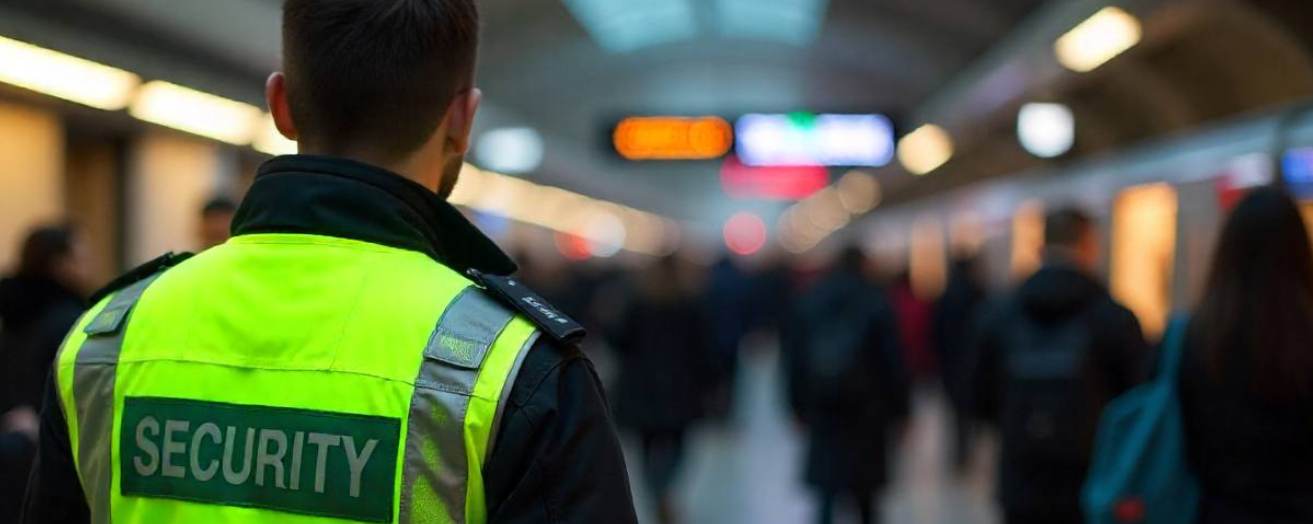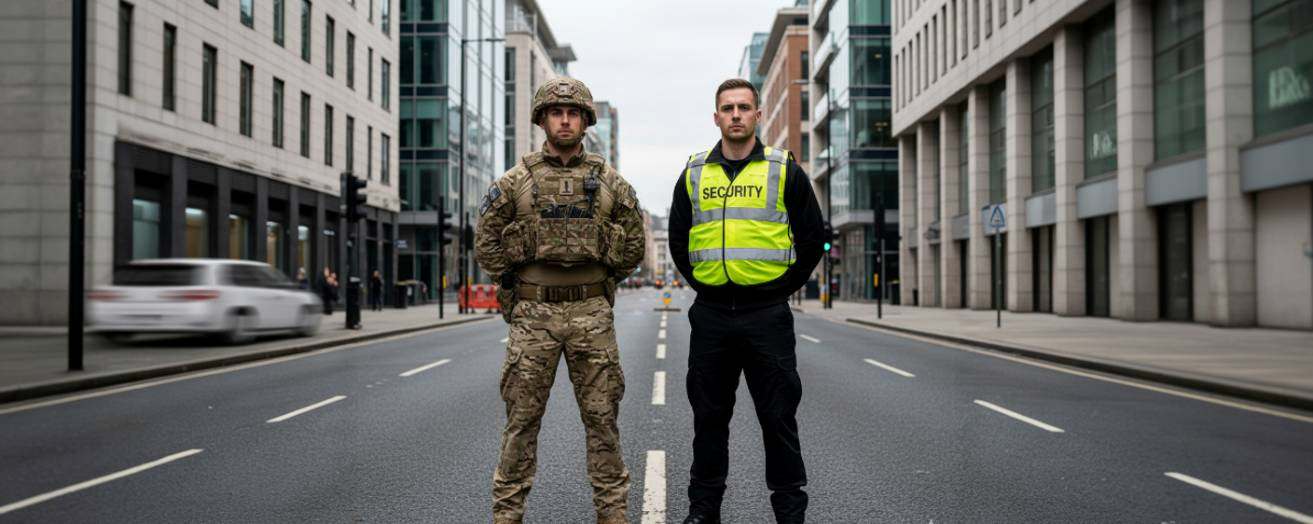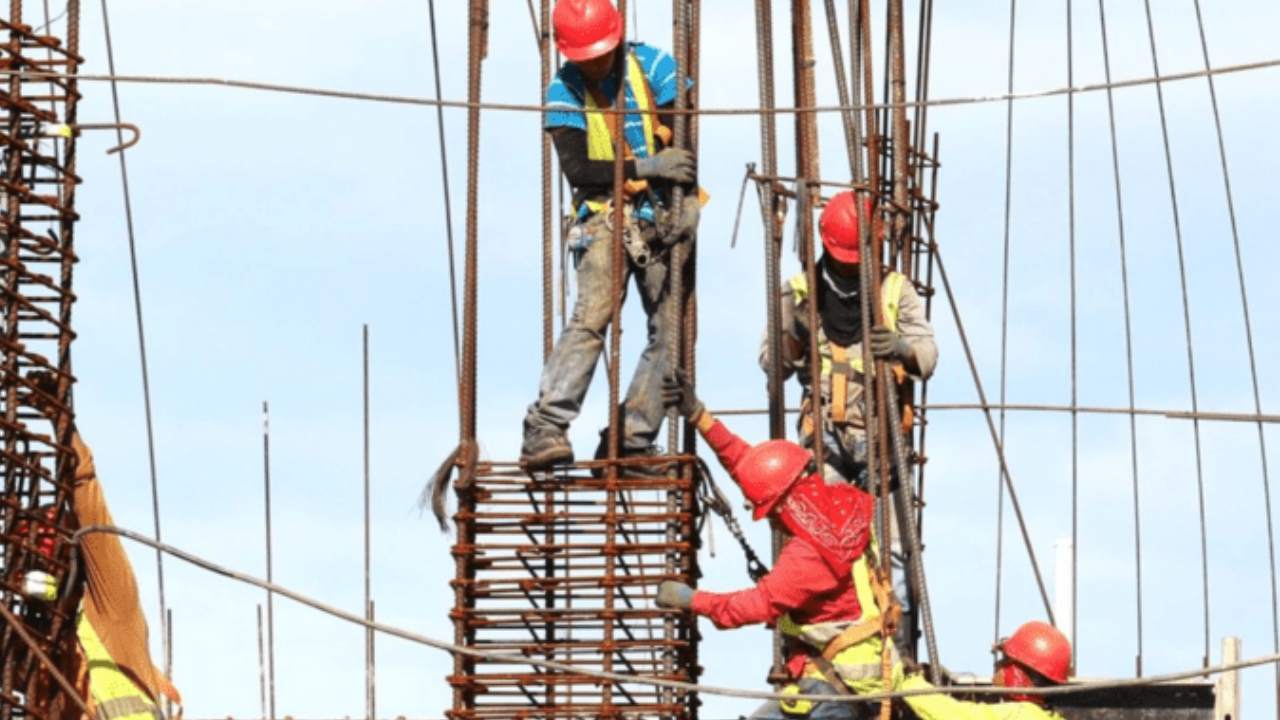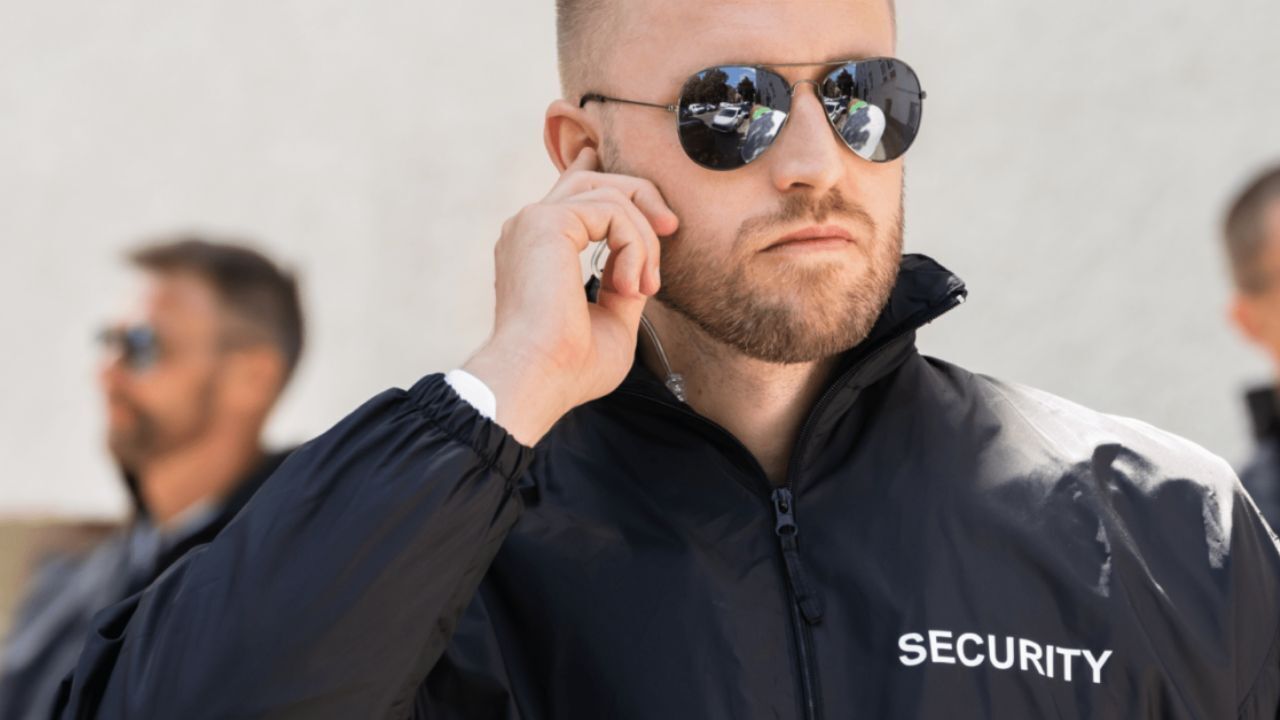You’ve served your country with honour, dedication, and unwavering commitment. Now, as you consider your next chapter in civilian life, you might be wondering where your military experience truly fits in the modern job market. The answer might surprise you: the UK security industry isn’t just looking for people like you—it’s actively seeking the exact skills, mindset, and experience you’ve developed through your military service.
The transition from military to civilian life can feel daunting. But here’s what many don’t realise: your military service hasn’t just prepared you for security work—it’s given you a significant advantage that civilian-trained professionals often take years to develop.
According to a British Security Industry Association (BSIA) survey, 88.2% of BSIA members have or have had ex-armed forces personnel working within their organisation, with 92.6% believing ex-forces personnel would make suitable security candidates.
The Hidden Value of Your Military Mindset
While others focus on listing military skills, let’s talk about something deeper: the military mindset that makes you invaluable in security work. Your years of service have shaped how you think, process information, and respond to challenges in ways that can’t be taught in civilian training programmes.
Strategic Thinking Under Pressure
Your military experience has trained you to think strategically while managing immediate tactical concerns. In security work, this translates to seeing the bigger picture while handling day-to-day operations. You don’t just respond to incidents—you anticipate them, plan for them, and position resources to prevent them.
Operational Awareness That Never Switches Off
Military service has developed your situational awareness to levels that civilian security professionals struggle to achieve. You naturally scan environments, assess potential threats, and maintain awareness of multiple factors simultaneously. This isn’t just about being alert—it’s about processing complex information streams and making rapid assessments.
Why Security Feels Like Coming Home
Many veterans describe entering security work as feeling familiar, almost like returning to a mission-focused environment. Security work shares fundamental characteristics with military operations that make the transition feel natural rather than foreign.
Mission-Focused Environment
Security work operates with clear objectives, defined responsibilities, and measurable outcomes—much like military operations. You understand the importance of mission success, the value of preparation, and the need for reliable execution. This mission-focused approach resonates with your military experience.
Team-Based Operations
Security teams function with the same interdependence and mutual support that characterises military units. Your understanding of team dynamics, communication protocols, and collective responsibility translates directly to security operations, where team coordination can mean the difference between success and failure.
The Modern Security Landscape Needs Your Experience
Today’s security challenges require exactly the kind of comprehensive training and experience that military service provides. The security industry has evolved beyond basic guarding to encompass complex threat assessment, technology integration, and multi-layered protection strategies.
Modern security increasingly involves technology systems and cyber threat awareness. Your military experience with complex systems and multi-domain operations provides excellent preparation for security work in 2025 that requires technological competence alongside traditional security skills.
Additionally, there’s a high demand for multiple frontline security roles that you’d be a good fit for with your military background. These include:
- Static security guards
- Store security officers
- Specialist dog handlers
- Close protection workers
- Asset protection workers
Check out this ex-military guide to security careers to learn more about the kind of job opportunities you can explore.

Your Direct Path to Security Leadership
While getting an SIA licence is the first step towards a career in security for most licensed holders and typically leads them to entry-level positions, your military experience positions you for immediate consideration for leadership roles that offer greater responsibility and compensation.
- Security Operations Manager (£40,000-£70,000): Oversee multiple sites and security teams. Your military operational planning experience makes you ideal for these roles that civilian candidates take years to reach.
- Corporate Security Director (£75,000-£95,000): Develop security strategies and lead departments. Military strategic planning qualifies you for these executive positions that command premium salaries.
- Security Consultant (£45,000-£90,000): Your military threat assessment capabilities are exactly what consulting firms seek for high-paying advisory roles.
Overcoming the Civilian Transition Challenge
The biggest challenge many veterans face isn’t finding work—it’s translating military experience into civilian terms and adapting to different workplace cultures. The key is to focus on outcomes and achievements rather than military terminology when presenting your experience. Emphasise leadership results, crisis management successes, and operational improvements that demonstrate your value to civilian employers.
Additionally, consider exploring transferable skills in security that make ex-forces personnel particularly valuable.
Building Civilian Professional Networks: Success Stories
The security industry has strong veteran networks that provide valuable support and opportunities. Success stories like Phil’s military transition and Adeel’s journey from foreign military to the UK security demonstrate the positive outcomes possible for military veterans entering security careers.
Phil opted for a security career after a long stint in the army to ensure his transition to civilian life wouldn’t be too difficult, and has worked in various security roles since. His story is a prime example of utilising military experience and knowledge to stay calm, alert, and unfazed at the job—a core requirement for security professionals working frontline roles.
Adeel’s story exemplifies how military service translates to security success. After serving in the Pakistan Army, he found purpose in UK security work, preventing shoplifting and maintaining public safety. His proudest achievement—catching ten shoplifters in one day and recovering over £1,500 worth of goods—demonstrates how military vigilance and dedication create immediate value in civilian security roles. His goal of inspiring younger generations to join service-oriented professions reflects the continued service mindset that makes military veterans exceptional security professionals.
The SIA Licensing Advantage for Veterans
Your military background provides significant advantages in the SIA licensing process, from training completion to background verification.
Accelerated Learning and Training Success
Veterans typically excel in SIA training programmes due to their existing knowledge of security principles and understanding of operational procedures. Your military experience means you’ll likely complete training faster and with higher scores than civilian students.
Streamlined Documentation
Veterans can use their HM Armed Forces Veteran Card as acceptable identity documentation for SIA licence applications, streamlining the application process. Your military service record also provides advantages in background checks.
The best part about getting an SIA licence is that it opens the doors to all kinds of exciting opportunities in the security industry. For military veterans, the SIA licence combined with your service record creates immediate opportunities for supervisory roles. While civilian candidates use their SIA licence to start as basic security officers, you can leverage yours to target team leader, shift supervisor, or security manager positions from day one.
Maximising Your Competitive Advantage
Understanding how to leverage your military experience effectively helps you stand out in the security job market and accelerate your career progression. Military veterans don’t just get hired in security—they get fast-tracked to leadership positions. Here’s your edge over civilian applicants:
Immediate Credibility: Your military service provides instant credibility that civilian candidates spend years building. Security employers recognise that military training has already developed the core competencies they need.
Leadership Ready: While civilian security workers may take years to reach supervisory roles, veterans often advance to management positions significantly faster due to proven leadership under pressure.
Specialised Roles: Your military experience opens doors to specialised security roles with exceptional earning potential. Close protection work actively seeks military veterans, offering an earning potential of £200-400 per day.
According to Career Transition Partnership data, 88% of UK military service leavers who used transition services were employed within six months, with many achieving supervisory roles within 2-3 years.
Recommended Reading: Close Protection Training Guide
Frequently Asked Questions
Q: How is security work different from military service?
A: Security work shares many operational similarities with military service but operates in civilian environments with different legal frameworks and customer service expectations.
Q: Can I advance quickly in security careers with military experience?
A: Yes, veterans often advance rapidly due to their leadership experience. Many achieve supervisory roles within 2-3 years, according to official transition data.
Q: What makes military veterans particularly valuable in security?
A: Military veterans bring strategic thinking, operational discipline, and crisis management experience that civilian training cannot replicate. 90% of BSIA members employ ex-military personnel for these reasons.
Q: How do I translate military experience for civilian employers?
A: Focus on outcomes and achievements rather than military terminology. Emphasise leadership results and operational improvements that demonstrate your value.
Q: What security specialisations best suit military experience?
A: Leadership roles, risk assessment, security consulting, close protection, and training positions often best utilise military experience and comprehensive skill sets.

Your Security Leadership Journey Starts Now
The transition from military to civilian life doesn’t mean starting over—it means stepping into leadership. Your military service hasn’t just prepared you for security work; it’s positioned you for security leadership. The combination of your proven capabilities and an SIA licence creates opportunities that civilian candidates spend years working toward.
This isn’t about finding just any job—it’s about continuing your leadership mission in an industry that recognises your value and fast-tracks your advancement. The security industry needs your experience, values your leadership, and offers clear pathways to management roles.
Begin your security leadership transition and discover how your military service becomes the foundation for civilian security management excellence. Your next mission in protecting communities awaits! Book a security training course today to get started.












